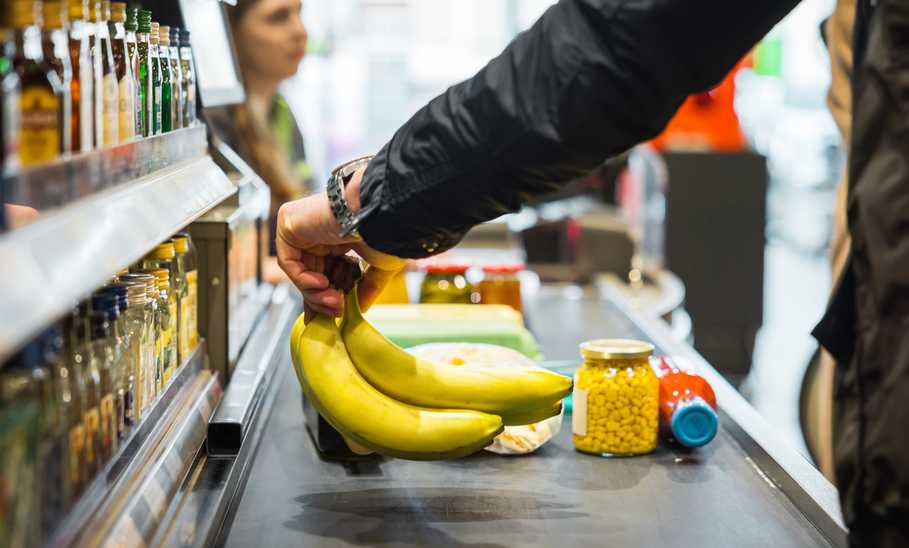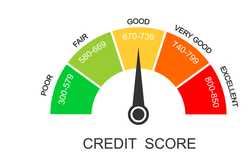15 Expert Tips on How to Save Money on Grocery Shopping


Our evaluations and opinions are not influenced by our advertising relationships, but we may earn a commission from our partners’ links. This content is created by TIME Stamped, under TIME’s direction and produced in accordance with TIME’s editorial guidelines and overseen by TIME’s editorial staff. Learn more about it.
Food is among the highest monthly expenses for most people, aside from housing and transportation. Lowering the grocery bill can help you stay on top of your budget and leave room to achieve other financial goals.
Here are 15 tips to help you keep food costs down.
Credit cards offering cash-back rewards can be a great way to save money, no matter which store patronize. When deciding on a card, consider ones that maximize your earnings on groceries. The Blue Cash Everyday® Card from American Express, for example, doesn’t have an annual fee and earns 3% back at U.S. grocery stores (up to $6,000 per year).
One of the easiest ways to learn budgeting is to use budgeting apps. Many are free or low-cost options that show where your money is going and how to reduce spending. Four of the best apps include Empower , Rocket Money, Simplifi by Quicken , and YNAB.
| App | Fees |
|---|---|
Rocket Money | Free |
YNAB | $109 a year or $14.99 a month and free for the first 34 days |
Simplifi by Quicken | $2.99 a month |
Empower | Free |
Creating a meal plan—ideally around sale items—can prevent buying items you don’t need. It can also help predict what you’ll spend, helping you stay at, or under, budget.
Even within the same area, grocers may have varying prices and sales—so comparing nearby stores can help you take advantage. To take it a step further, consider shopping at multiple grocery stores, but only if it won’t take up a huge chunk of time and gas money.
A major part of grocery budgeting is being able to stick to your shopping list. Having one helps also prevents impulse buys and ensures you have what you need until the next time you go grocery shopping.
The fewer trips you take to the grocery store, the less you are tempted by sale items you don’t need or ingredients that look interesting. Meaning: There’s less opportunity for impulse-purchases.
In most cases, items with a recognizable brand name cost more than the generic equivalent. It may not seem like a couple of cents or dollars here and there will add up, but they do. If you’re worried about quality, know that many generic brands manufacture their products in the same factories as name brands.
Supermarkets usually publish flyers advertising specials and sales each week. Before heading to the store, see which items are on sale and try to plan your meals around them. Also, stock up on frequently used items when they are discounted.
Finding coupons can be a good use of your time—as long as they are for items you usually buy. Over time, even a few cents here and there can result in decent savings. Aside from manufacturer coupons, many stores have their own. Some even allow you to double up on coupons. And some are available online if you belong to store loyalty programs.
In-season produce tends to be cheaper. Research what is and isn’t in season in your area. If you notice a difference in prices, eating seasonally can help you lower costs.
There’s no need to be a vegetarian to save money. Instead, compare sources and cuts of animal protein to see where you can save. For example, certain cuts of beef often cost more, while chicken, pork, and some species of fish are lighter on the wallet. Then look for recipes and cooking techniques that make the most of these staples.
Sometimes the per-unit cost of bulk items is cheaper than buying them in smaller packages. Make sure you will use the items you purchase, or else your savings will go to waste.
Grocery stores also often have seasonal sales. For example, turkeys and hams go on sale the closer it gets to Thanksgiving—and just afterwards. And when the winter celebration season ends, holiday items, such as coffee creamer or baked goods, tend to sell for a deep discount. When the Fourth of July parties are over, you’ll probably find sales on barbecue sauce—and maybe those red, white, and blue potato chips.
Curbside pickup is not only convenient; it can save you money. That’s because it forces you to plan your list ahead of time—which could be a signal to find sales and check what items to replace. Plus, because you don’t go in the store, you won’t be making any impulse purchases.
Many grocery stores have loyalty programs, with such perks as exclusive discounts on items, coupons, or other special offers. To entice you to sign up, some may even offer a welcome bonus—extra money off your initial purchase.
Shopping when hungry is a recipe for impulse- or over-buying. You don’t necessarily need to eat a full meal ahead of time—even a snack can help you really stick to your shopping list.
How much you have to spend on groceries depends on a variety of factors—the size of your household and where you live, to name two. Areas with a high cost of living, for example, tend to have higher food costs.
When creating a budget, first take into account taxes and other fixed expenses. (These can include your mortgage, insurance, and monthly bus pass.) It may be helpful to track how much you currently spend on groceries to give you an idea of how much to set aside.
Many experts recommend spending 15% or less of your net income (the amount after taxes) on food. You may decide to spend more, but this guideline can help you evaluate if you are overspending.
Spending less on groceries means more money for other areas in your life, whether it’s short-term savings goals, beefing up your emergency fund, paying off debt, or saving for a special trip. You’ll also gain more breathing room in your budget—and with it, peace of mind.
Creating a plan, finding sales, and understanding impulse-buying triggers are great tactics to save money on groceries. To help motivate yourself, consider why you want to reduce spending—such as saving for an upcoming vacation or the down payment on your dream home.
Groceries are still considered high compared to pre-pandemic prices due to a variety of factors, including rising inflation, continued supply chain disruptions, and labor shortages.
The cheapest grocery stores differ by area. Typically, U.S. grocery stores with the lowest food prices include Aldi, Costco, Save-A-Lot, Lidl, and Military Commissary.
The key to only spending $100 on groceries in a month: Make a careful plan, stick to lower-cost ingredients, and take advantage of coupons. Other tactics include eating less meat, buying generic brands, and reducing trips to the store.
The average American adult’s monthly food bill ranges from about $250 to $450, according to the USDA. Costs vary depending on where you live, where you shop, and which items you purchase.
The information presented here is created by TIME Stamped and overseen by TIME editorial staff. To learn more, see our About Us page.



